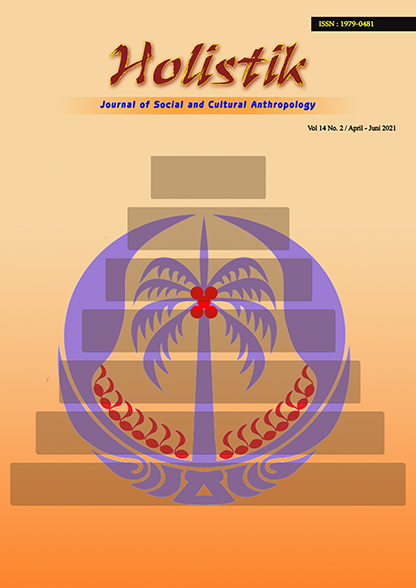PENGARUH STATUS SOSIAL EKONOMI ORANG TUA TERHADAP TINGKAT KEBERHASILAN MAHASISWA DI DESA BUO KECAMATAN LOLODA KABUPATEN HALMAHERA BARAT
Abstract
The family is an educational institution that is outside of formal education. In the family is organized family education by providing education, teaching, and guidance on religion, morals, ethics, culture, and skills. So that the family has a very important role in supporting education. Thus, the family background must be considered in order to achieve maximum education.
In the learning process, supporting facilities are sometimes expensive. As a result for parents who are unable to meet these supporting facilities, the child will be hampered in the learning process. Thus, human resources become low thus hindering the progress of the nation and the country. Therefore education becomes a shared responsibility between the family, the community, and the government. Education involves families, communities, governments.
Such circumstances can be seen in village Buo District Loloda West Halmahera district there are students-students with a variety of socioeconomic backgrounds of different parents. The difference in socioeconomic status of the parents of the students has an influence on the learning process, especially in financing all learning needs. The socioeconomic status of parents is a factor in achieving educational success. Factors that affect the success of students in the village Buo consists of three factors, among others family factors, factors where to study, other environmental factors outside the family
Keywords: education, parents, social status
